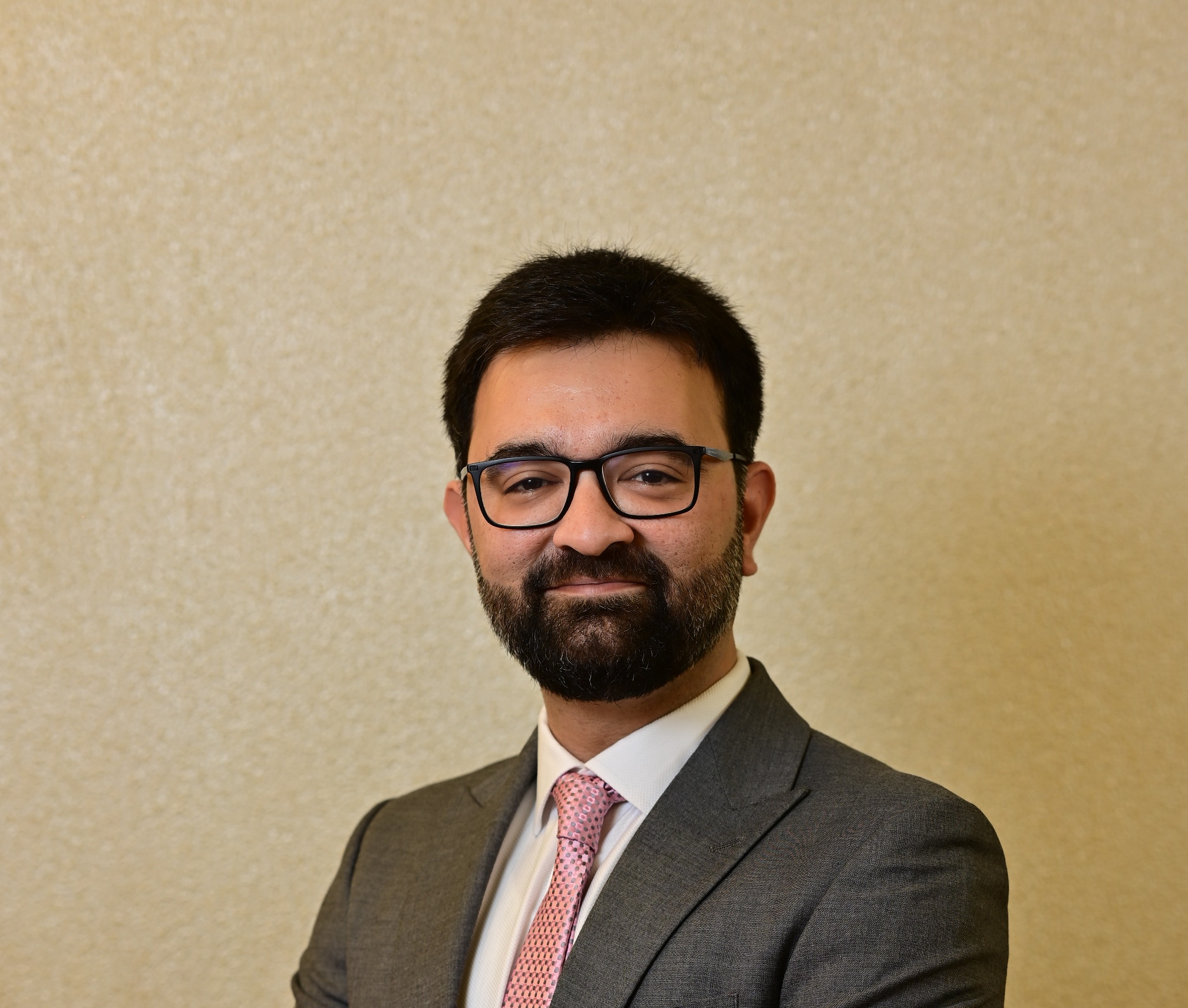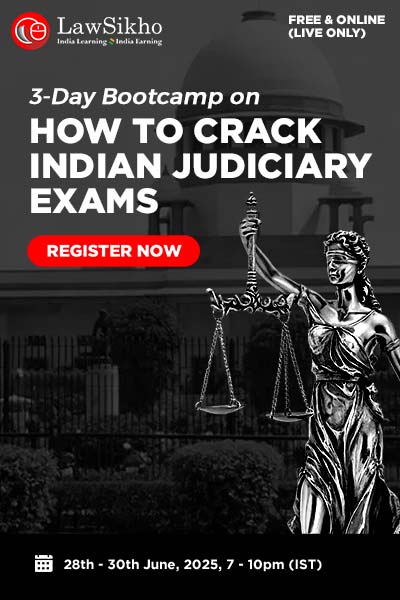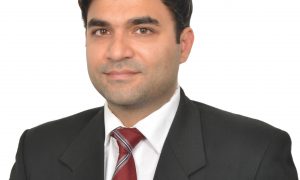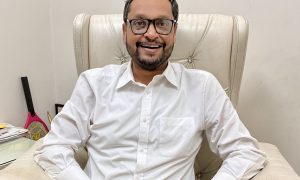This interview has been published by Anshi Mudgal and The SuperLawyer Team
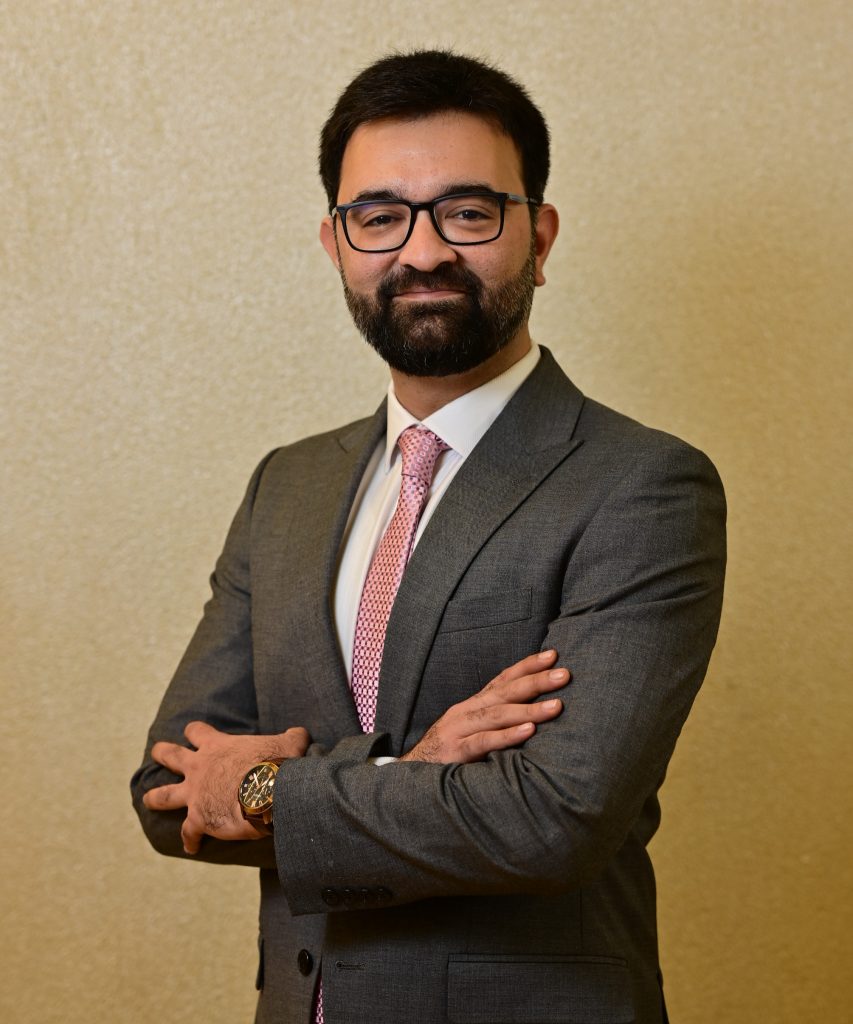
After over 13 years of experience in representing clients in disputes, through arbitration and court proceedings, can you tell us what initially inspired you to pursue a career in law? What motivated you to establish your professional journey in this field?
My initial outlook towards law was fraught with ignorance – in school, one never saw it as an option. Law opened up as a career when I fortunately received admission into National Law University, Jodhpur and decided to join on my parents’ insistence. As time passed and as my studies progressed, having already been a voracious reader, I became drawn to the intellectual challenges and problem-solving aspects that the legal profession offers. I realised that law pervades almost every aspect of life and society which leads to learning new and interesting things every day. Once I graduated, the satisfaction of being the means for clients to secure their rights provided (and still provides) the drive for my legal practice..
Having gained substantial experience at law firms such as Phoenix Legal, and Tuli & Co., how has your approach to dispute resolution evolved over time? What unique perspectives have you brought to Revera Legal in your current role as Partner?
Over the years, my approach to dispute resolution has evolved from a purely academic and legalistic approach to a more holistic and practical one. I have come to realize that effective dispute resolution requires not only a deep understanding of the law but also a keen awareness of the commercial and practical realities facing my clients. I believe in taking a proactive and solution-oriented approach, working closely with my clients to develop strategies that not only achieve their legal objectives but also align with their business goals. At Revera Legal, I have brought this perspective, along with my extensive experience in handling complex commercial disputes, to provide our clients with comprehensive and commercially sound legal advice and representation.
You’ve handled high-profile arbitration cases, including disputes in an LCIA-administered arbitration. What legal strategies did you employ to address the complexities of fraud and misrepresentation allegations in international arbitration, and how do you navigate challenges arising from differing governing laws and jurisdictions in cross-border disputes?
Proving fraud requires demonstrating that the person committing fraud acted with intent to deceive, which can be difficult to establish through evidence in a civil trial. Fraud cases often involve intricate fact patterns and transactions, making it challenging to present a clear and concise case to the arbitral tribunal. In arbitrations involving fraud and misrepresentation, I therefore focus on building a strong evidentiary foundation. This includes meticulous document review, financial analysis, and engagement of forensic experts if needed. I also carefully analyse the arbitral tribunal’s procedural rules and the applicable law to tailor my arguments. In cross-border disputes, navigating jurisdictional and governing law issues requires a thorough understanding and crafty application of conflict-of-laws principles. In fact, as I speak, we are currently preparing for a potential dispute which presents an interesting conflict between Indian and US jurisdictions
In the case of National Insurance’s claim against Chubb European Group under a reinsurance policy, what challenges did you face when representing the insurer before the National Consumer Disputes Redressal Commission?
The National Insurance case presented a unique challenge as to whether the scope of consumer disputes includes reinsurance disputes. To address this, our team at the time. I focused on demonstrating that the reinsurance policy in question was not being used for commercial purpose but rather a means for National Insurance to protect itself from significant losses that may affect its bottomline in the event that it settles a large insurance claim. The challenge was that to an untrained eye it would appear that an insurer, being in the business of providing insurance, was simply leveraging its reinsurance cover for receiving heftier premia in its insurance policies. We drafted submissions based on the specific terms of the policy and reinsurance notes, IRDAI regulations governing reinsurance in India, industry practices, , and relevant case law to show that obtaining a reinsurance policy is not used for generating profit but rather acts as security for unforeseen losses to the insurer. A final decision in the matter is pending I believe and I hope that the foundation that we created in the case years back, leads to the Hon’ble Commission ruling that an insurer is a consumer of reinsurance coverage and therefore can file a consumer complaint against its reinsurer.
Drawing from your experience in providing pre-arbitration strategic advice for a FIDIC-based contract with the Ministry of Defence, what are the critical considerations when preparing the client for such disputes and future arbitration proceedings?
A fundamental strength of FIDIC contracts is their emphasis on clearly defining and allocating risks between the employer and the contractor. When advising on FIDIC-based contracts, I first emphasize proactive contract management to mitigate potential disputes. This includes ensuring clear documentation of all project-related communications, adherence to contractual timelines and procedures, and prompt identification and resolution of any ambiguities or disagreements within the framework provided by the contract. However, should the case proceed to arbitration the focus always remains on building a strong case file, which needs in depth identification, analysis and organization of evidence much prior to invocation., Successful claims (or counter-claims) in such an arbitration and often depend on lawyers efficiently and accurately synchronizing and linking timelines, technical evidence and contractual provisions before formulating the statement of claims or defence.
Your commitment to fostering diversity within the legal profession is admirable. How do you ensure that aspiring lawyers receive the mentorship and opportunities needed within your firm? What key qualities do you look for when mentoring young lawyers, and what guidance do you offer them as they navigate their legal careers?
At Revera Legal, we are committed to fostering a diverse and inclusive work environment. We provide aspiring lawyers with mentorship opportunities, training programs, and challenging assignments to help them develop their skills and advance their careers. When mentoring young lawyers, I look for qualities such as intellectual curiosity, strong work ethic, and empathy with a client’s position. I encourage younger lawyers to develop a deep understanding of the law, cultivate strong communication and advocacy skills, and maintain a high level of professionalism in their practice. Irrespective of personal or professional difficulties throughout their career, lawyers must foremost ensure that their client’s best case is presented.
Given the demands of your career and leadership position, how do you personally manage to maintain a work-life balance? Additionally, how do you encourage your team to prioritize a healthy work-life balance while excelling in their professional roles?
Maintaining a work-life balance is crucial for both personal well-being and professional success. Though this appears to be a difficult endeavour in the practice of law, which requires constant attention, reading and mental exertion, do attempt and encourage proper time management, and distribution of responsibilities amongst the team to the extent possible. Lawyers are always doing a lot of heavy lifting, whether in court practice or transactional negotiations. In such a situation, having a flexible work environment, rewards and recognition for achievements and drawing boundaries between work and personal life ensures sustainable growth in the profession.
In your view, what role will technological innovation play in shaping the future of the legal profession, particularly in the areas of arbitration and dispute resolution?
Technological innovation is transforming the legal profession as I knew it at the inception of my career, and I believe this trend will continue to accelerate. In arbitration and dispute resolution, we are seeing the rise of online dispute resolution platforms, the use of artificial intelligence for document drafting and review as well as the adoption of virtual hearings by courts throughout the country. I also see that several lawyers and esteemed judges have altogether stopped using paper, instead using tablets and laptops in court, all of which are helpful in organizing, reviewing and carrying voluminous files, and are certainly friendly to the environment. In fact, I believe even notarial services are now being offered online, which are helpful when parties are located in far flung jurisdictions or locations. These innovations have the potential to make the dispute resolution faster, more efficient, cost-effective, and accessible. I am excited to embrace these advancements and leverage them in my firm and practice.
Get in touch with Ishaan Chhaya –

